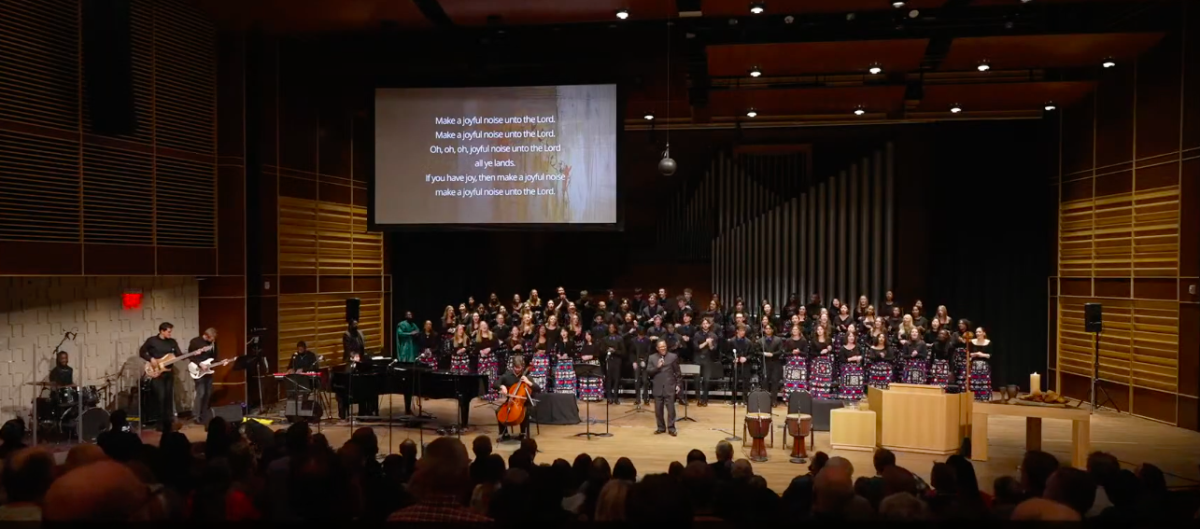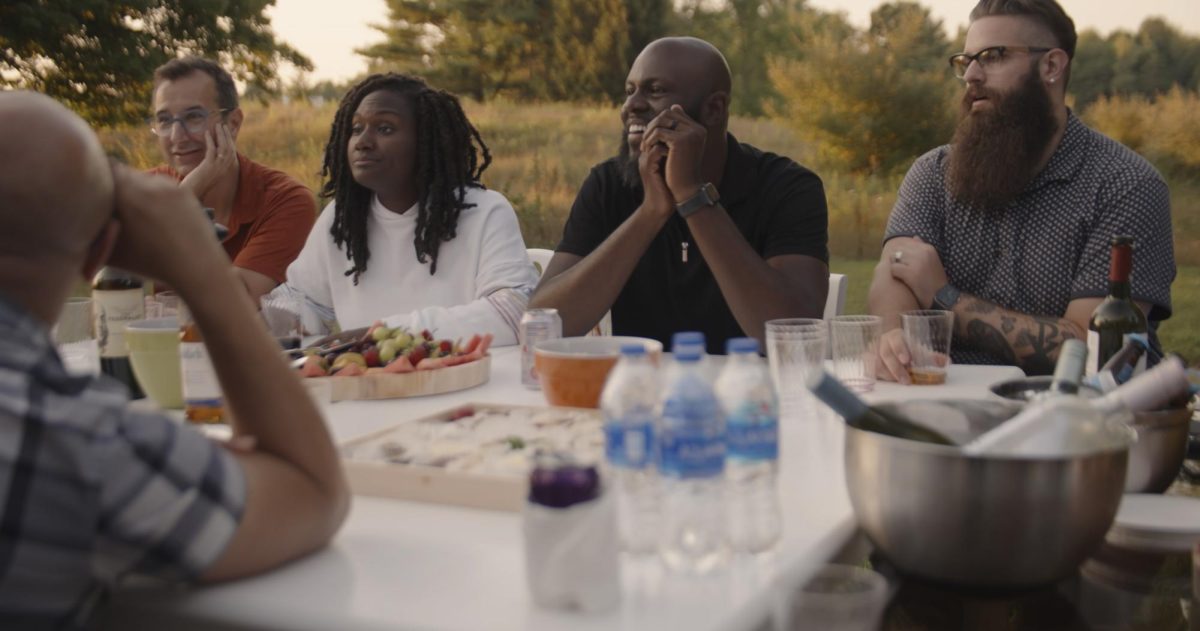Christian guy meets runaway girl. Girl and guy deny attraction. Girl and guy fall in love. We can all guess what happens next of course, right? Wrong. Although “Old Fashioned” has all the elements of a romance flick, this is not your typical Christian film; it defies the stereotypes and leaves the audience with more than a couple of cute date ideas to think about.
Sin has permeated every aspect of our daily lives, and instead of ignoring relevant problems in society today, director Rik Swartzwelder has crafted a story of what love might look like in a very realistic world.
When Amber (Elizabeth Roberts), an energetic young woman with a broken hand, a cat and an empty gas tank rolls into town, it is clear she is looking for a fresh start. What she does not anticipate, however, is the effect her quiet, antique-dealer landlord Clay (Rik Swartzwelder) will have on her.
Clay is known around town for his strange “theories” about love, romance and marriage and keeps mostly to himself. Clay makes it clear he does not live the way he does just because it’s “the Christian thing to do,” but rather because of a frat-boy past that Amber can only catch glimpses of.
Yet, instead of pushing Amber away, his ideas spark her curiosity and she is quickly charmed by his quirky ideologies and reserved nature.
As the two grow closer and closer together, Clay makes it clear that boundaries must be drawn — boundaries that, in a modern context, may seem a little “old-fashioned.”
Clay doesn’t support the modern connotations linked with “dating” and instead establishes a courtship with Amber. Though their actions garner ridicule from the friends surrounding them, they continue to discover what love really looks like as they observe their own actions, their pasts and the love lives of those around them.
Even if a viewer feels this movie and its message are just a little too “old-fashioned” for their tastes, movie-goers will still leave the theater with a smile on their face.
Hollywood has a multimillion-dollar industry that thrives on unrealistic fantasies. This movie, however, challenges viewers to think about love — not the enamored lovers, picnics in the park, box of chocolates and sunset kisses on the beach kind of love — rather, the love that sees past one’s failings, accepts the faults of others and learns to forgive.
Yes, there are a few cheesy lines, and at times the “theories” of Clay may seem a bit — old-fashioned — but instead of giving the audience a chance to shake their heads at a cliche Christian romance flick, Clay’s perspectives challenge viewers to examine the way they conduct relationships in their own lives.
This is a healthy and uplifting alternative in a cinema world often dominated by unrealistic scenarios and “love” stories based purely on objectification. As audience members watch young Clay and Amber learn to see each other for who they really are, it’s clear what message is being conveyed. Love is patient. Love is kind. Love is not about objectification. Love is more than just attraction. Love respects. Love forgives.
In a culture that tells a “shadier” story, this story is a refreshing change.








